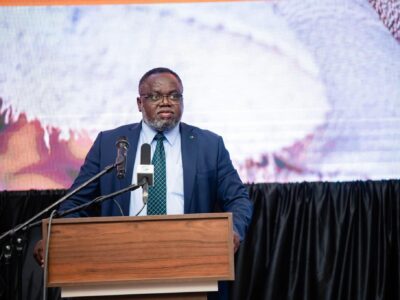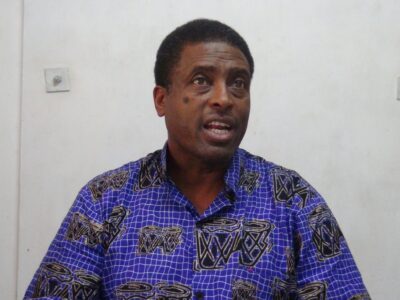Government’s decision to end the Farmer Input Support Programme (FISP) is going to cause a lot of confusion in the 2023/2024 farming season, the Small Scale Farmers Development Agency (SAFADA) has said.
On Friday, Agriculture Minister, Mtolo Phiri announced that government would soon phase out the FISP in order to implement the comprehensive agriculture transformative support programme.
However, SAFADA Executive Director, Boyd Moobwe, has strongly opposed the phasing out of FISP cautioning that government should thread carefully in implementing policies that had the potential to condemn Zambians into deeper poverty and economic miseries.
Moobwe in an interview on Sunday said government should, therefore, rethink the decision to phase out FISP and should formulate agriculture policies that would enhance food production and ensure that Zambia was food secure.
He said the the policy to end the decades-long policy that supported poor but viable farmers could negatively affect the food security of the nation.
Read more: Agric Minister, Mtolo, announces 2023/24 farming modalities
“We receive the plan to phase FISP between now and the next five season with mixed feelings.
In October 2016 we suggested to government to scrap FISP but the proposal received mixed feeling because FISP is considered important in food production system,” Moobwe said.
He stated that the proposed loan facility may not help farmers because of a number of factors that affects crop production, including the changing rainfall pattern as a result of climate change.
Moobwe said government should concentrate on agriculture transformation support program which should have loan facility and other economic incentives.
He recommended that FISP should not be phased out until government was set with the new facility.
Moobwe stated that even though government proposed a gradual phasing of FISP, it would still have a negative impact because they had not reached where poor and peasant farmers could be self-sustaining.
He said government should not rush to implement plans that were still under validation because it would create a vacuum in the agriculture sector.
WARNING! All rights reserved. This material, and other digital content on this website, may not be reproduced, published, broadcast, rewritten or redistributed in whole or in part without prior express permission from ZAMBIA MONITOR.












Comments